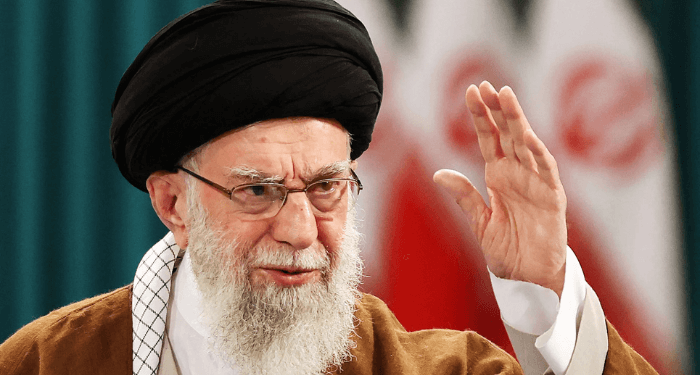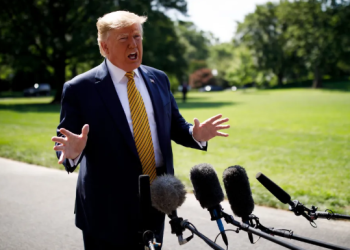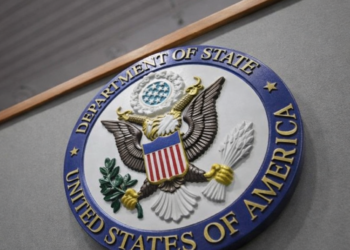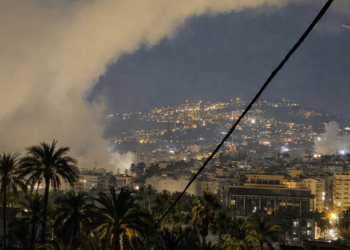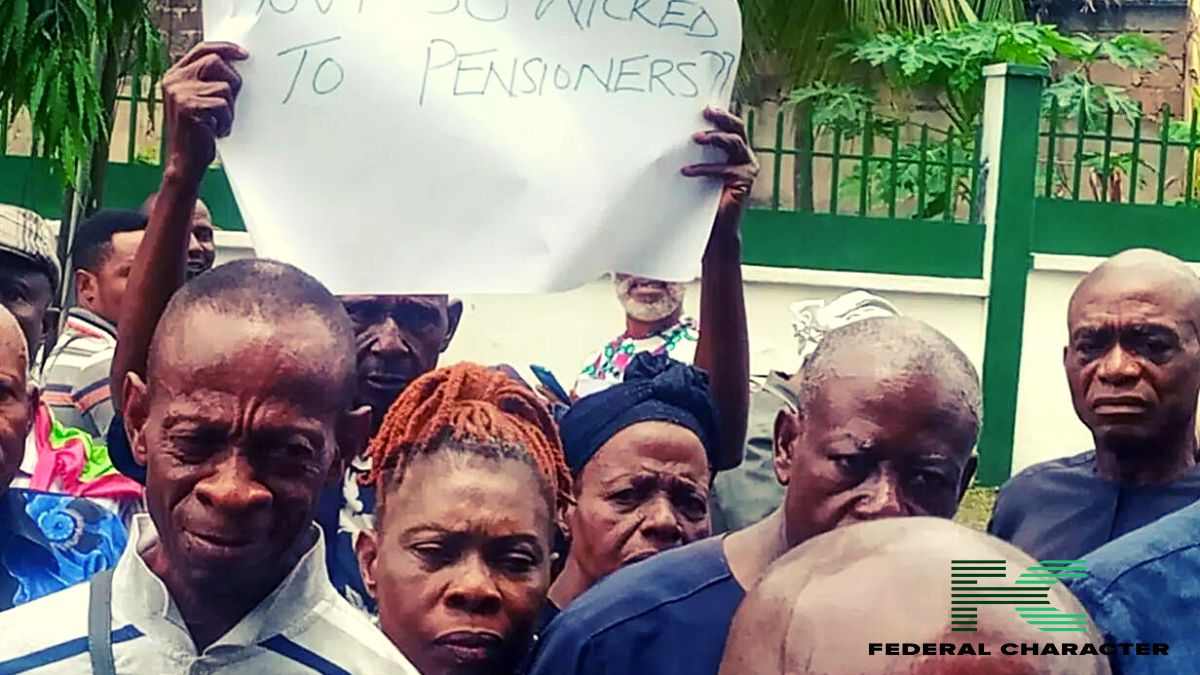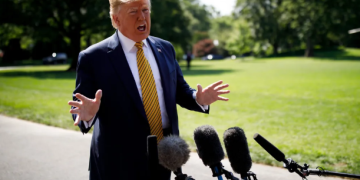Iran has threatened to retaliate if the United Nations reimposes sanctions over its nuclear programme, accusing Western powers of hypocrisy and legal dishonesty.
At a press conference on Monday, Foreign Ministry spokesperson Esmaeil Baghaei declared that any such move would provoke a “measured and proportionate” response. He did not offer details of what actions Iran would take but maintained that Tehran would not remain silent.
“The threat to use the snapback mechanism lacks legal and political basis and will be met with an appropriate and proportionate response from the Islamic Republic of Iran,” Baghaei said.
His statement follows rising speculation that France and other European nations may push for the reactivation of U.N. sanctions. According to a French diplomatic source last week, the so-called snapback mechanism could be triggered if Iran refuses to agree to a new nuclear deal.

Europe Faces Accusations of Double Standards
The 2015 Joint Comprehensive Plan of Action (JCPOA), signed by Iran, the U.S., the U.K., France, Germany, Russia, and China offered Tehran sanctions relief in exchange for strict limits on its nuclear programme. But relations have worsened since 2018, when the Trump administration withdrew from the agreement and reimposed unilateral sanctions.
Iran says it continued to honour its side of the bargain, even as the European signatories slowly abandoned their commitments.
“The European parties, who are constantly trying to use this possibility as a tool, have themselves committed gross and fundamental violations of their obligations under the JCPOA,” Baghaei said.
“They have failed to fulfill the duties they had undertaken under the JCPOA, so they have no legal or moral standing to resort to this mechanism.”
Iran insists it has no intention of developing nuclear weapons, even as Western intelligence claims the country is moving closer to weapons-grade uranium enrichment.
Snapback Sanctions Could Collapse Negotiations
Under the JCPOA, if a party accuses Iran of “significant non-performance,” any of the original participants can petition the U.N. Security Council to restore the previous sanctions a process known as the “snapback mechanism.” No veto can stop it. Iran views this threat as blackmail.
Baghaei accused the European signatories of abandoning the nuclear deal years ago and said they have no right to return now and use its provisions for political advantage.
“They are trying to play both sides. But you cannot abandon an agreement and later threaten its enforcement,” he said.
The spokesperson made clear that Iran’s patience is wearing thin.
“They must understand that every action will have a consequence. And our response will not be symbolic,” Baghaei warned.
No Dialogue With U.S. Envoy in Sight
Asked about the possibility of renewed U.S.-Iran talks, Baghaei dismissed the idea. There are currently no scheduled meetings between Iranian diplomats and American representatives.
U.S. President Donald Trump, who returned to office in January, has publicly invited Tehran to restart negotiations. But Iran has shown little interest.
“No date or location has been set for any such meeting,” Baghaei said when asked about rumours that Foreign Minister Abbas Araqchi might meet with Steve Witkoff, Trump’s new Middle East envoy. The absence of communication raises fears of a diplomatic deadlock.
After Gaza Ceasefire, Tensions Linger
Iran’s latest threat comes just weeks after a temporary ceasefire ended a bloody 12-day air war between Iran-backed groups and Israel. Although the fighting stopped, diplomatic wounds remain open.
The snapback threat now risks igniting a fresh wave of tension across the Middle East, as Iran signals it won’t allow the United Nations to punish it unchallenged.
Observers warn that a return to U.N. sanctions could push Iran toward even more aggressive positions in Syria, Lebanon, Iraq, and the Persian Gulf.
Iran Threatens Response to U.N. Sanctions as Patience Wears Thin
With global attention once again focused on Iran’s nuclear ambitions, Tehran appears ready to take a harder stance. By threatening a response to U.N. sanctions, the government is sending a message to both Europe and the United States: further pressure will not go unanswered.
“We will not tolerate injustice dressed up as diplomacy,” Baghaei said.
How Iran chooses to respond remains unknown. But one thing is very obvious: the Islamic Republic believes it has been pushed too far, and this time, it may not hold back.

